
Buying a car is usually the second biggest purchase we ever make in life, right after buying property. We, therefore, like to think that we’re well in control when it comes to deciding how we spend our hard-earned cash, but that’s not always the case.
Car companies have spent years perfecting the craft of marketing their wares to us in all sorts of clever ways. Here are five methods they use to try and make us sign on the dotted line.
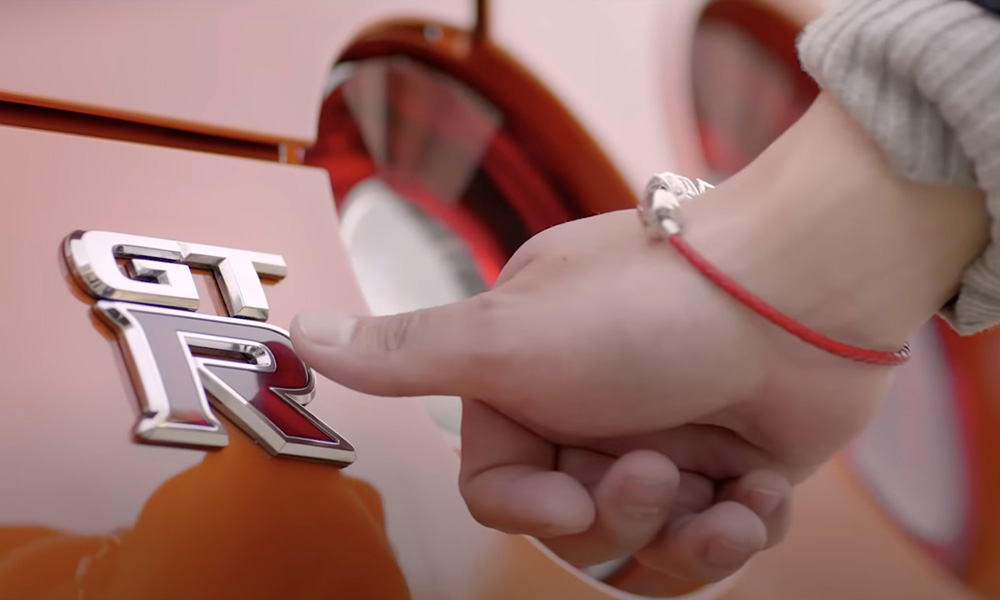
1. Emotional appeal. Let’s face it: Technically, there is no need for all those different manufacturers and countless vehicle types and models out there. Most cars are perfectly capable of carrying us comfortably from A to B, so why are we being given so much choice?
Much of it has to do with our emotions and the way firms play with them. Car manufacturers have studied the power of emotions in influencing our buying behavior, and are making good use of this knowledge.
Just have a look at how many car ads are designed to evoke feelings of freedom, adventure, and status. Skilled marketing experts use captivating storytelling and visually appealing imagery to tap into our desires and aspirations. For a true master class in this, just check out the various Super Bowl car commercials that come out every year.
By associating their products with positive emotions, car companies create a strong emotional bond that influences our purchasing decisions.
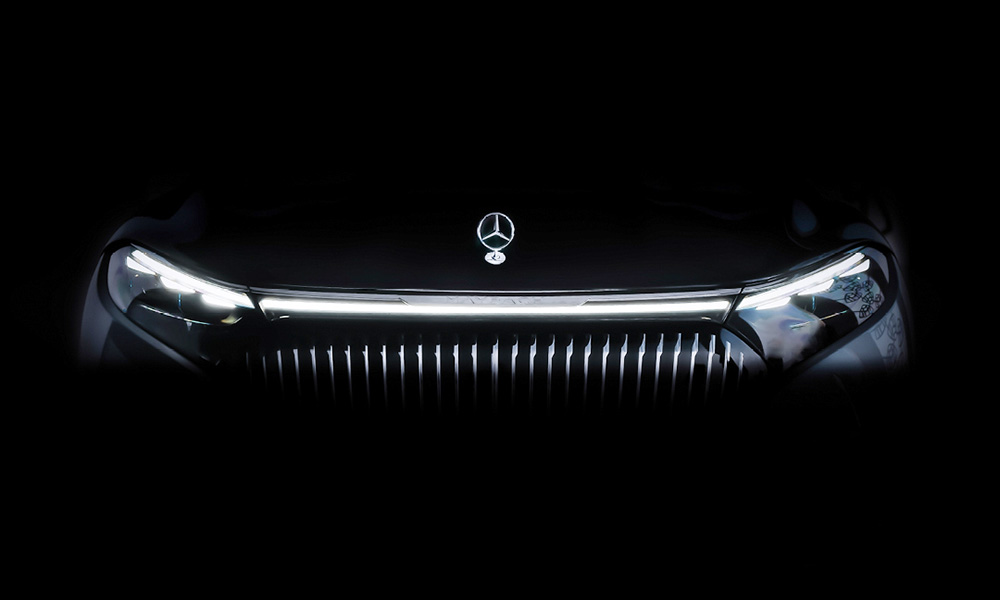
2. Brand image and reputation. Think of Toyota and you think of “reliability.” Mention Rolls-Royce and “ultra-luxury” comes to mind. These associations are no coincidence, and car companies invest heavily in building strong brand images and reputations.
They create associations with reliability, performance, safety, innovation, and luxury through consistent branding and messaging. Mercedes offers us “The Best or Nothing.” Toyota says, “Let’s Go Places.” And Nissan sells us “Innovation that excites.”
By aligning their products with specific values and lifestyles, companies appeal to consumers who aspire to be part of a particular identity or community. This psychological connection often translates into increased brand loyalty and a willingness to pay a premium for the perceived prestige associated with the brand.
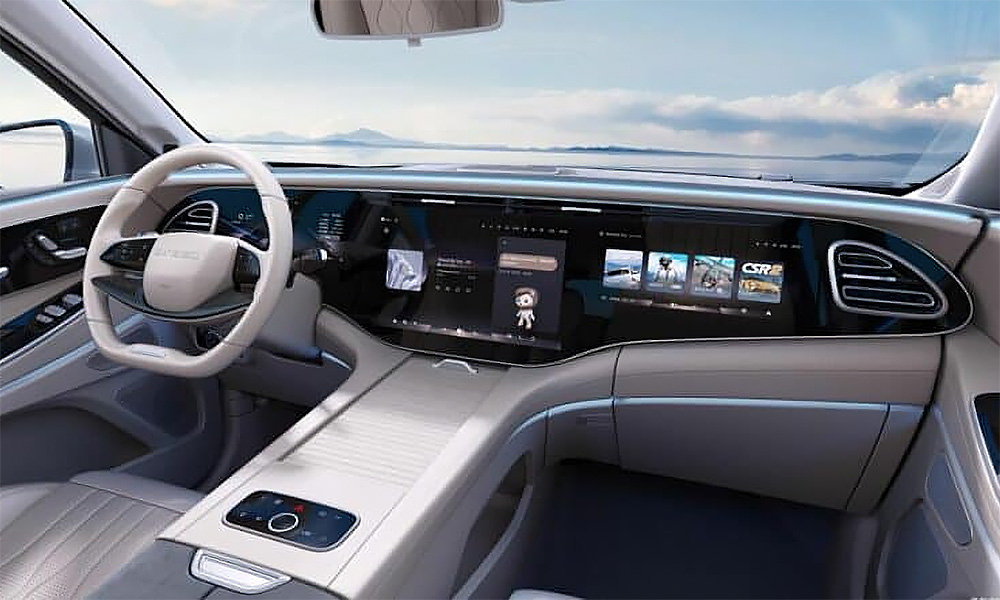
3. Features overload. The times when carmakers got away with charging buyers extra for loads of things are long gone. Car buyers these days demand value for money, and companies have fallen in line. So much so that there seems to be a bit of an arms race going on to decide who can offer the most features and functions as standard.
We see this firsthand all the time in the many press releases manufacturers send out. Car companies often inundate consumers with a plethora of features and technical specifications. By highlighting a wide array of functionalities, they aim to create a perception of value and superiority.
“Just look at all these different features! It has to be good!”
The risk here is that companies go too far and overwhelm consumers, making it challenging to discern the essential features from the stuff you don’t really need.
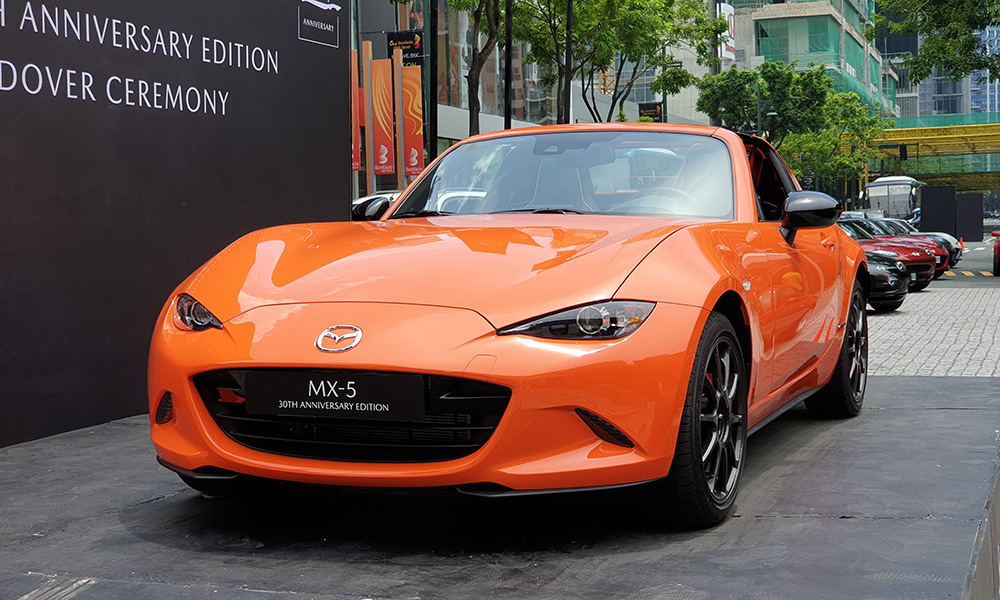
4. Scarcity and limited offers. Creating a sense of urgency is one of the oldest tricks in the marketing book, and carmakers have been using it successfully for many years. They often employ so-called scarcity tactics to create a sense of urgency and drive sales.
Limited-edition models, exclusive features, and time-limited promotions create a fear of missing out (FOMO) among consumers. The perception that a certain model is rare or only available for a limited time can intensify our desire to own it. By capitalizing on our innate aversion to loss, car companies drive impulse purchases and encourage consumers to act quickly.
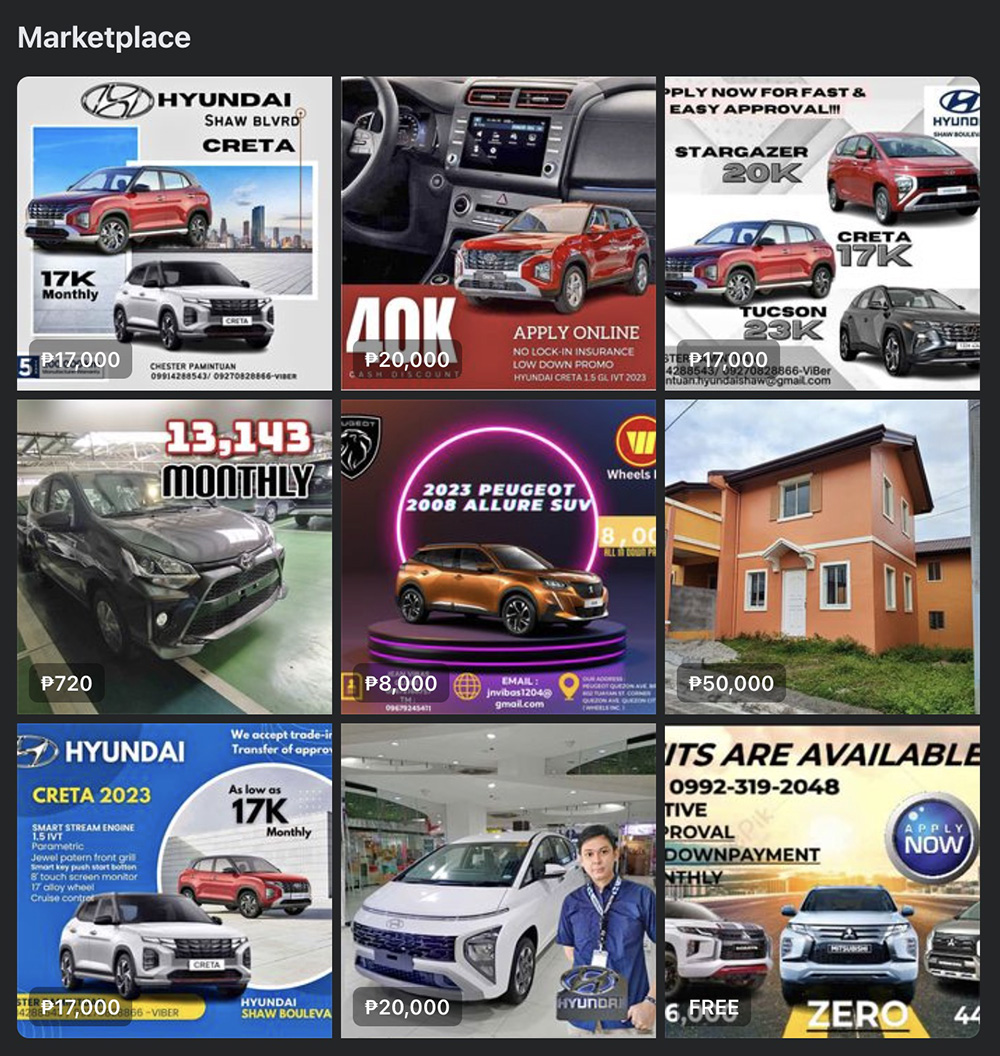
5. Financing options and promotions. Car companies often leverage attractive financing options and promotional offers to entice us into buying their wares. One approach that seems to work very well around our shores—according to one industry expert—is to offer low down payment.
This figure is often the first number you see plastered on a car in the showroom or mall, and it makes even more expensive cars seem somewhat affordable. Being told that all you have to pay up front is a relatively small amount or sometimes even nothing lowers the barrier to decision-making, and moves many a buyer into signing on the dotted line.
The most important thing every buyer has to do with any kind of sales promo is to read the fine print, though. A deal may look cheap at first glance, but may sting you with higher interest rates or other fees along the way. Some carmakers are now moving away from this kind of sales technique, which we think is a good thing.

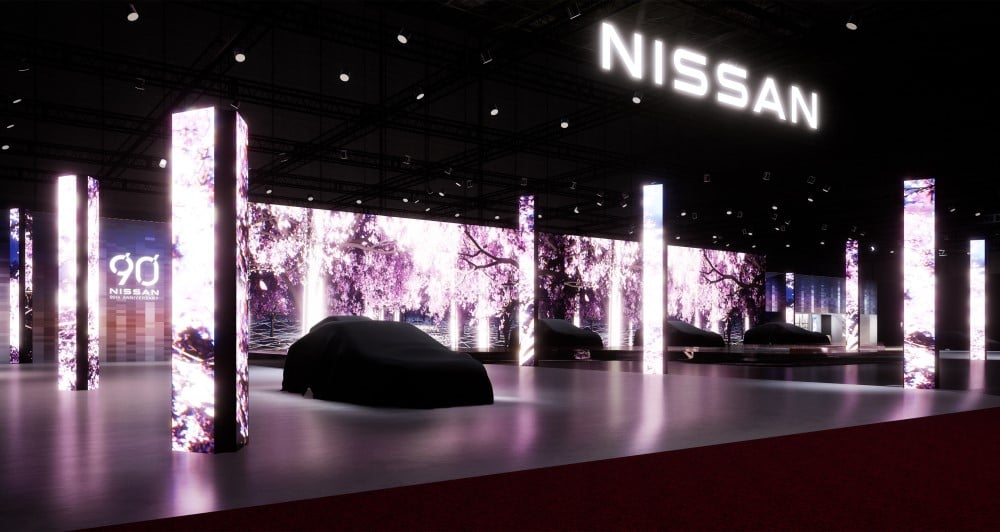
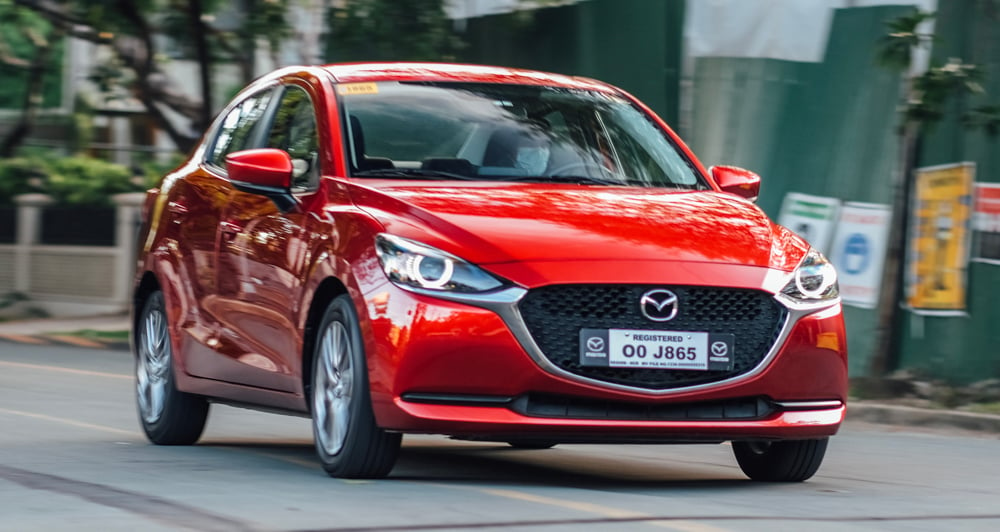


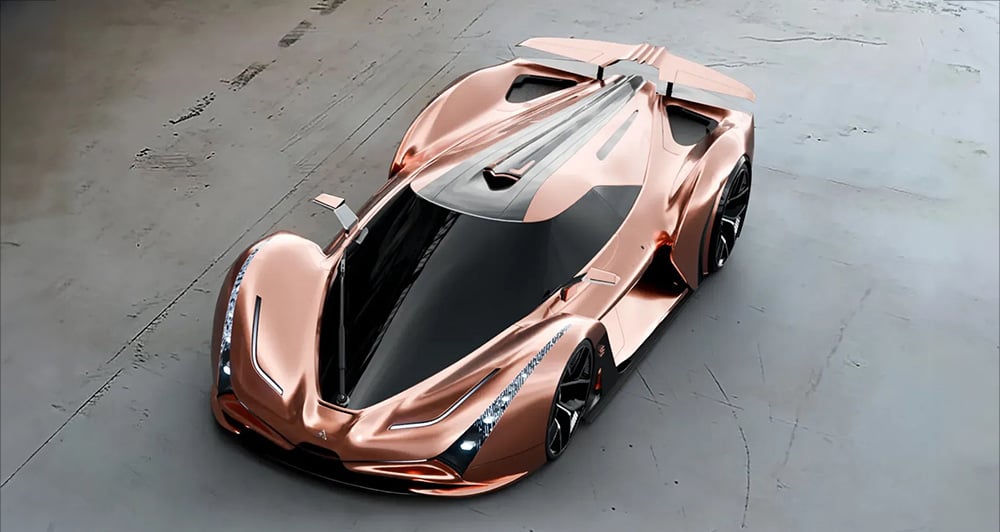
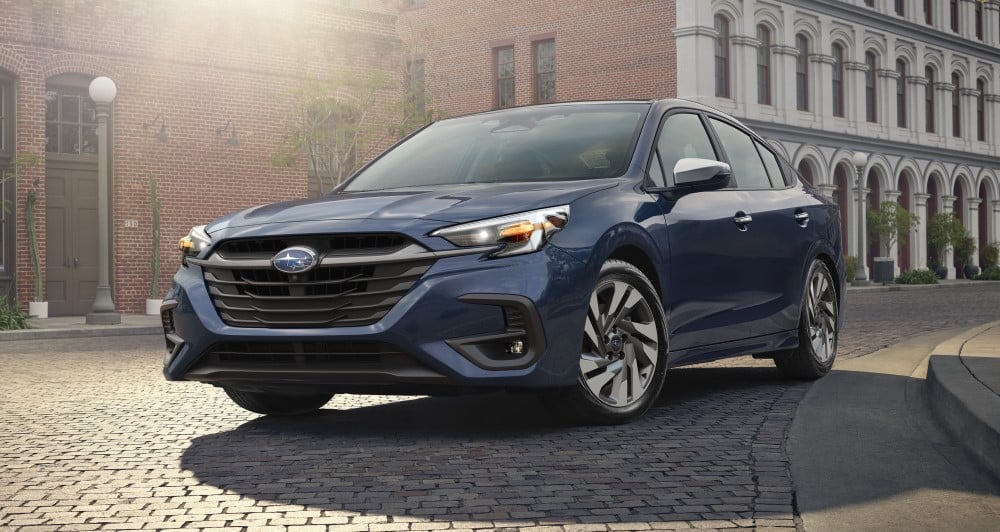

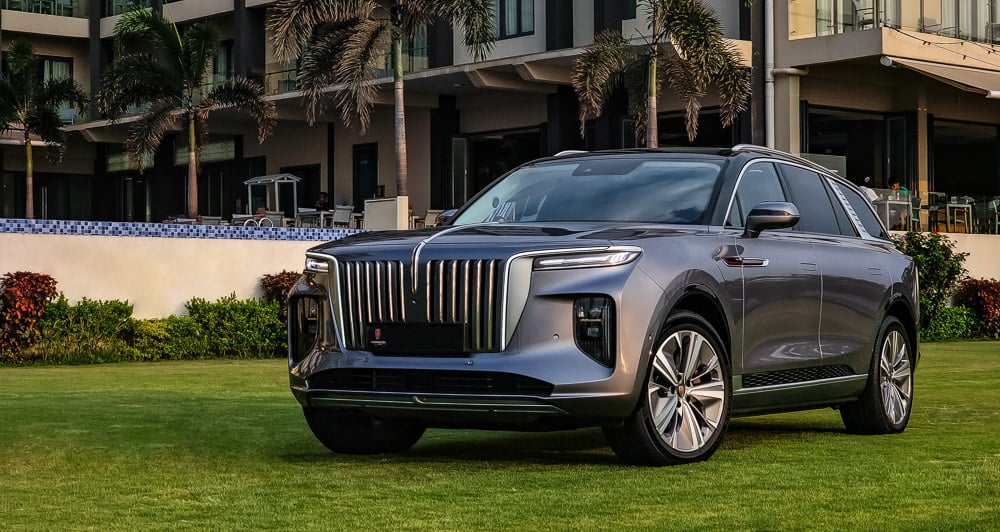
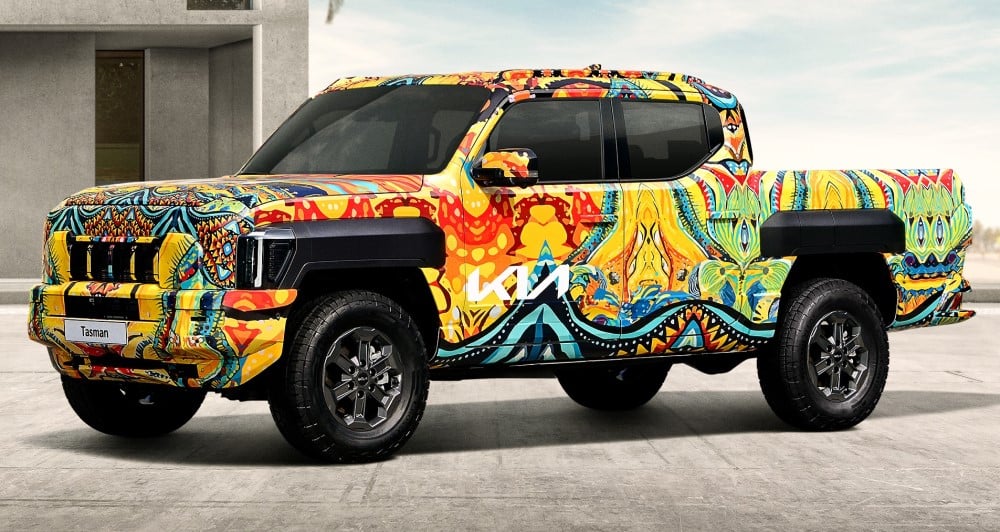

Comments